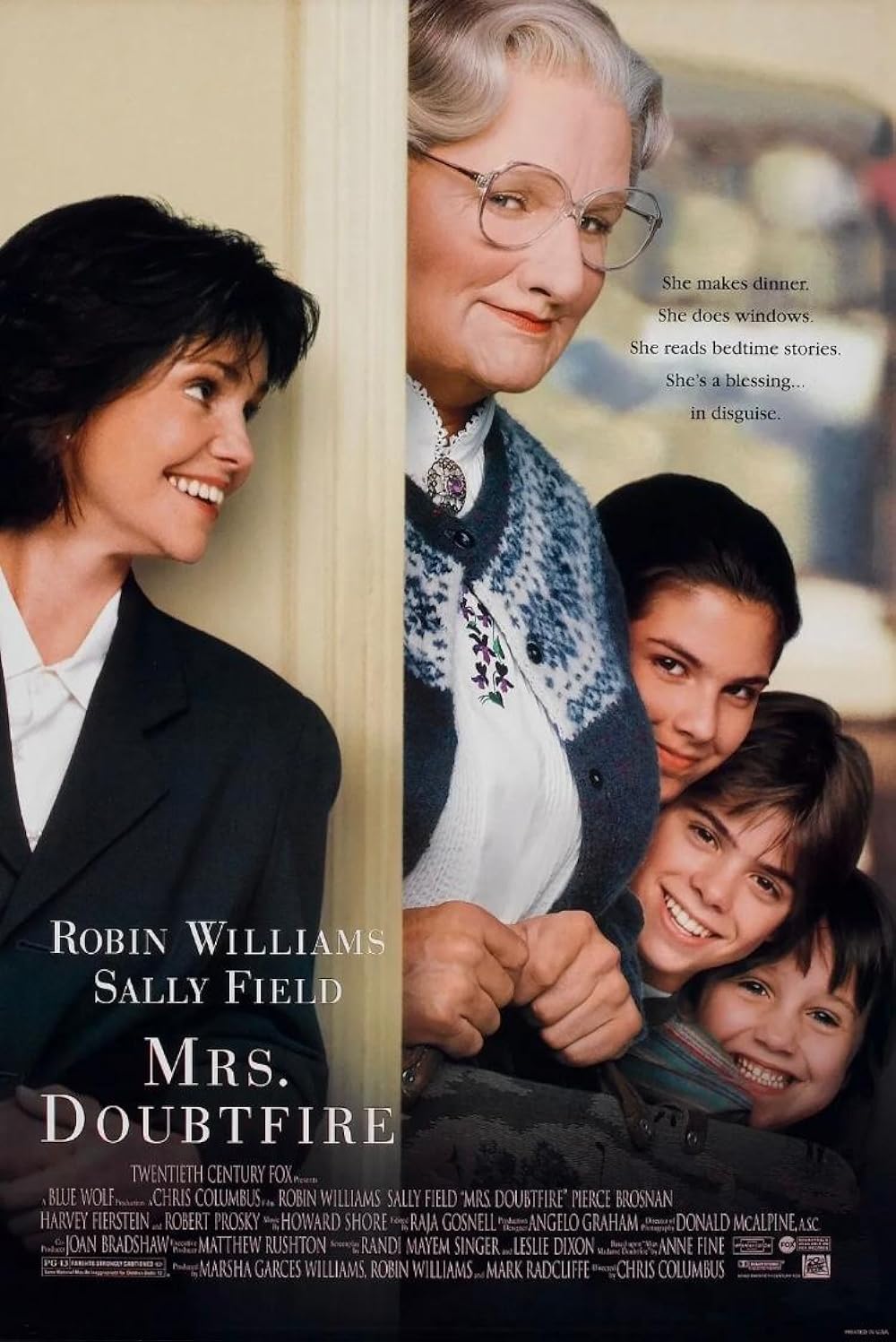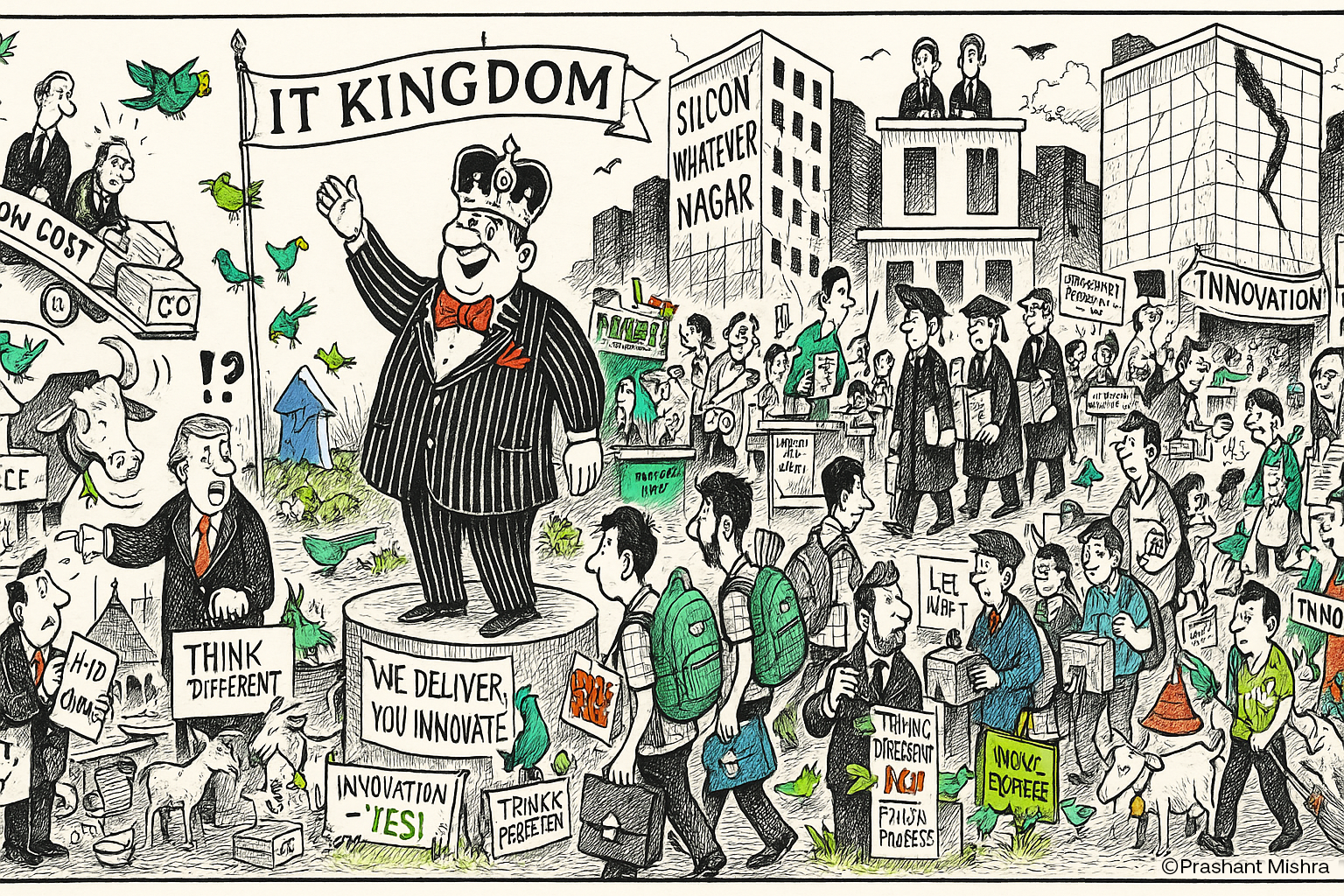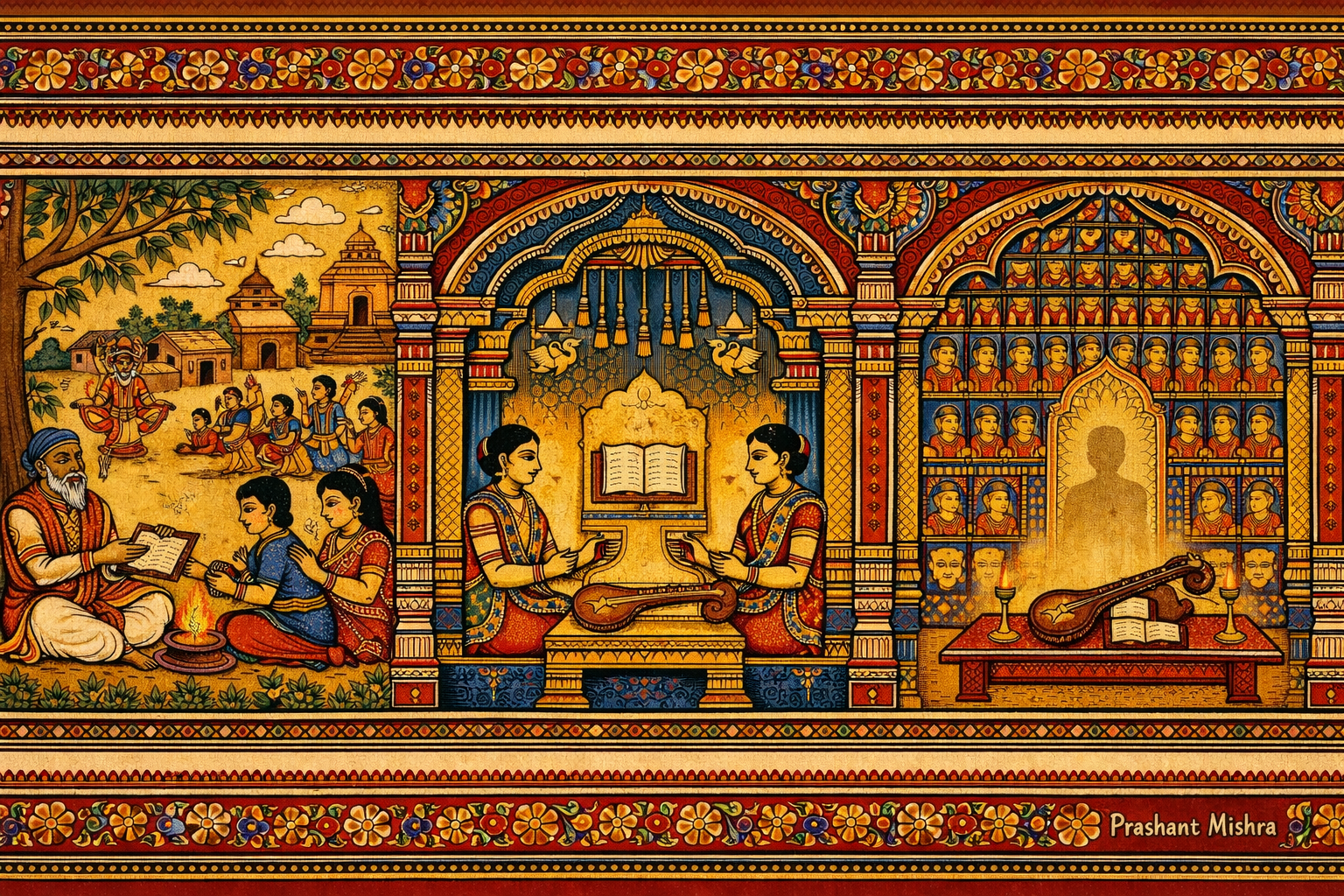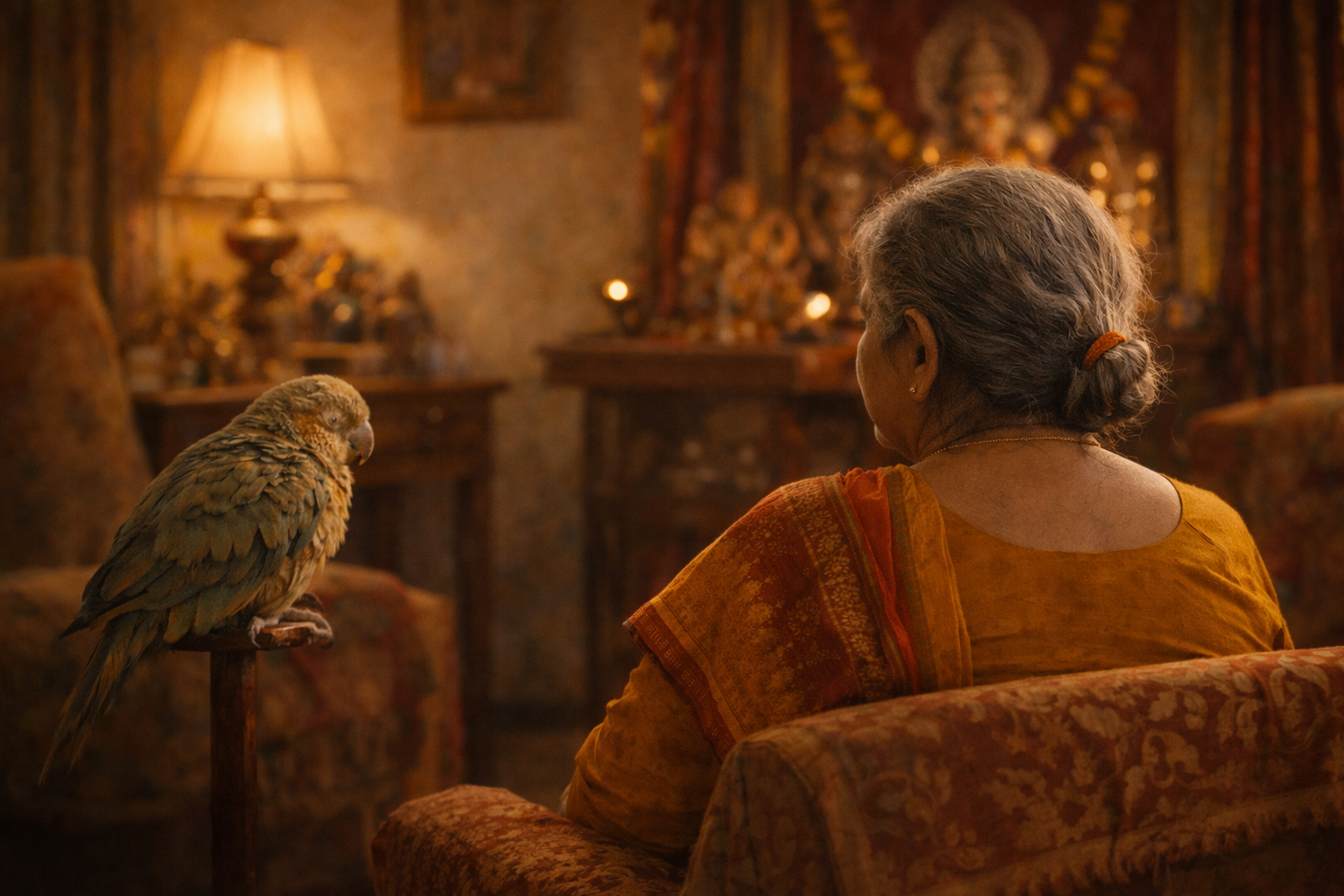
The Games that Evolution Plays
Why should it matter to natural selection if women kept reproducing or trying to do so until they died in the process? In almost all species, the female continues to reproduce until the very end. However, in the case of humans, that doesn’t happen, as by around a certain age, women hit menopause, thus stopping their ability to reproduce. This seems puzzling, but science suggests that by some kind of natural system, women who have reached a certain age desisted reproduction, thus ensuring more genetic descendants were left behind than those who continued reproducing.
Menopause generally begins (on average) at an age when a woman’s offspring have the ability to reproduce themselves. Thus, she can become a grandmother. However, unlike the usual granny that has been stereotyped by media and literature, evolution’s grandmother had a pivotal role to play in the propagation of mankind. Researchers term this theory “The Grandmother Hypothesis”. This hypothesis suggests that foregoing reproduction at the point of diminishing returns actually allows the woman to free herself from such responsibilities, thus allowing her to contribute to the eventual success of her grandchildren.
Thus, ensuring that her genes moved forward. This is classis probability theory. It is a known fact that human grandparents, and more specifically, grandmothers, are actively involved in household responsibilities. And data suggests that such women end up with more grandchildren than those who don’t. This hypothesis also suggests that, in this phenomenon, prudent mothering is not prevented. Instead, when unencumbered by taking care of her own children, the woman is inclined to assist her children’s children, each of whom has a 25% probability of carrying forward her genes. Another reason why this hypothesis stands true can be attributed to the unusually long period of dependency of human offspring as compared to anyone else in the animal kingdom. This unusually long period of dependency on human children could be one of the reasons that early mankind adopted cooperative parenting. And who is most qualified and stands to gain the most from the survival of an offspring?
The Granny.
This is because young mothers, no matter how energetic and hardworking they are, are still constrained because they have to care for the baby. Anthropologists studying the Hazda tribe of Tanzania found that the most energetic and productive women (who foraged) were post-menopausal women, and they contributed totally to their children and grandchildren. This cooperative parenting could be one of the reasons behind the maxim that it takes a village to raise a child. And the reason why is just a generation ago, joint families were encouraged as compared to current nuclear families, where grandparents do not have enough access to contribute to their offspring socially or biologically. At the onset of old age for both men and women and after menopause, bodies begin to deteriorate. Again, mathematics, specifically probability, comes into play. Once ‘non-reproductive’ status has been achieved, the human body technically becomes “transparent” to natural selection. That is, nature understands that it does not need to make any further investment as a very limited ROI can be achieved.
Remember, natural selection is a single-minded, methodical, and cold mechanism only devoted to the propagation of the species.
Therefore, in the absence of further evolutionary investment, seniors become more vulnerable to disease and disability. Another reason why seniors invest in offspring is because it becomes a means of post-productive survival. Thus, by taking on allied tasks of parenting such as feeding, protecting, training, and teaching, seniors biologically reduce the pressure that comes with rapid physical deterioration. So, it isn't just seniors who contribute to the longevity of their progeny, but also to themselves.
Research has shown that humans do contain specific DNA segments that repress cognitive decline in old age to some degree. This is where collective learning and the transmission of knowledge come into play. The mother's birth canal limits the size of the human head at birth. So, humans are at an early stage of development in comparison to other mammals with relatively smaller brains and heads. This is one of the reasons that human babies need an extended childhood. Again, it is here that grandparents who give up their reproductive rights come into the picture to help ensure the health and development of the children and their brain, transmitting the knowledge accumulated so that the child has a head start and takes its place at the top of the food chain.
Abridged from: https://nautil.us/the-evolutionary-mystery-of-menopause-238527/


